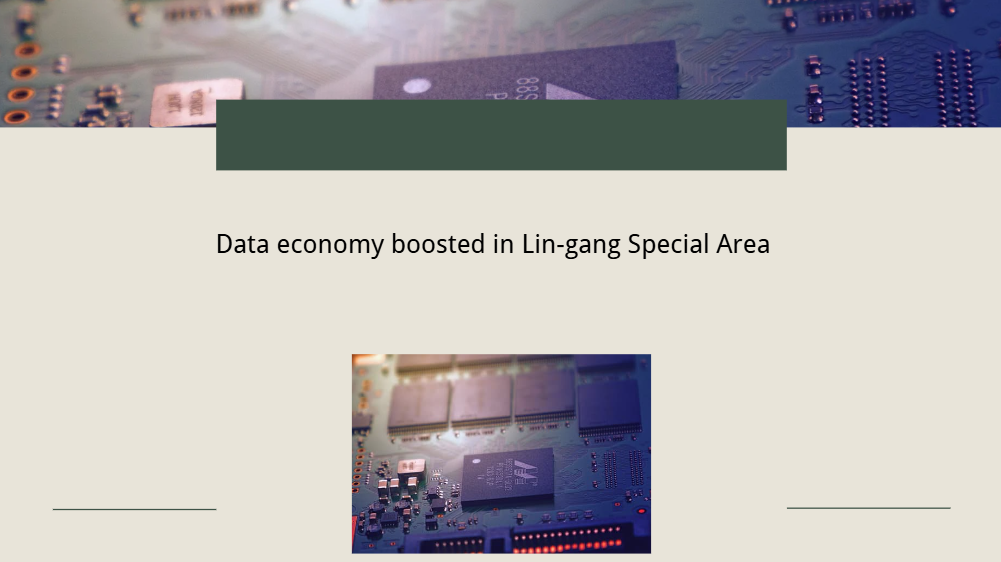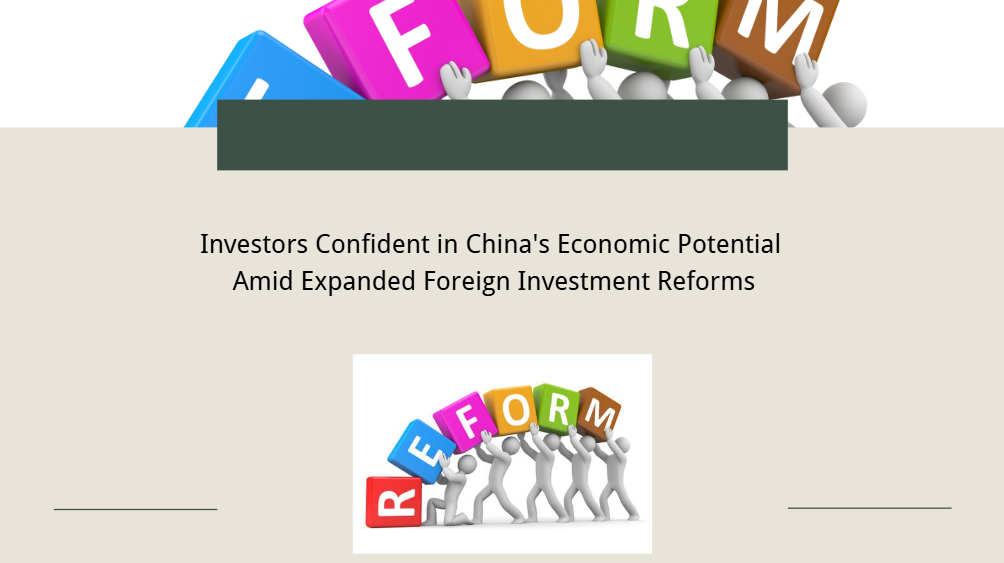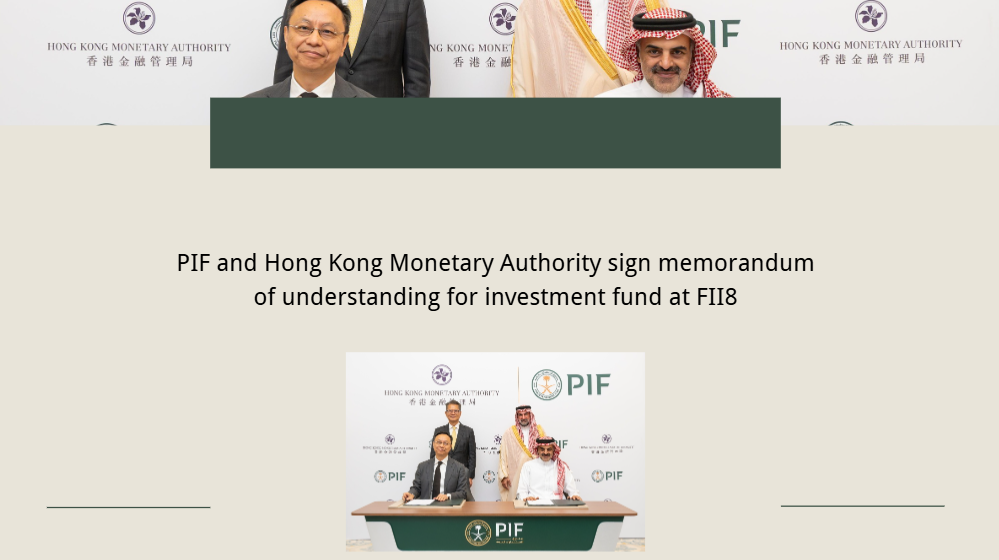Guangdong-Hong Kong-Macao Greater Bay Area Unveils Cross-Border Wealth Management Pilot: A Landmark in Financial Integration
On November 1, 2024, the Greater Bay Area (GBA) took a groundbreaking step toward establishing a fully integrated regional financial system by launching its first-ever cross-border wealth management pilot for brokerages. Jointly announced by the People's Bank of China (PBoC) in Guangdong and Shenzhen, along with the China Securities Regulatory Commission (CSRC) in these regions, the program marks a significant advance in connecting financial markets within Guangdong, Hong Kong, and Macao.
Designed to increase accessibility to cross-border financial services for individual investors, this pilot program opens the door for brokerages within the GBA to offer cross-border wealth management services. This initiative is expected to significantly diversify the range of investment products available, promote financial inclusivity, and serve as a pivotal step toward unifying the region’s markets. It also represents a larger commitment to breaking down regulatory barriers and facilitating capital flow within the GBA, positioning the region as a leading financial hub in Asia.
The Vision of Financial Integration
The Greater Bay Area, encompassing nine cities in Guangdong province and the Special Administrative Regions of Hong Kong and Macao, has been at the forefront of China’s initiatives to foster economic collaboration. This cross-border wealth management pilot is part of a broader effort to make the GBA a powerhouse in global finance, logistics, and innovation. With distinct regulatory and legal frameworks across its territories, however, achieving seamless integration in financial services has remained a formidable challenge. This pilot program addresses these challenges by promoting an interconnected financial infrastructure that respects the unique legal frameworks of each area while creating a streamlined process for cross-border investments.
For individual investors, the program's primary allure lies in the enhanced access to diversified financial products spanning the three regions. GBA residents will now be able to invest in securities and wealth management products offered by brokerages outside their local jurisdictions. This not only increases investment choices but also mitigates investment risks by enabling investors to build more balanced and geographically diversified portfolios.

Boosting the Financial Sector: Opportunities for Brokerages
The launch of this pilot program has strategic implications for brokerages operating within the GBA, as it expands their market reach and creates a more unified client base. Participating brokerages will be able to target a broader clientele across the three regions, offering services that previously required extensive cross-border approval processes. This enables them to provide financial products that cater specifically to the needs of a multicultural, multinational market, increasing their competitive advantage and client retention in an era of globalized finance.
The pilot program is anticipated to stimulate competition among local and international financial institutions, driving product innovation and the development of tailored financial solutions. For instance, brokerages might design products that incorporate elements from Hong Kong’s highly liquid stock market, Shenzhen’s tech-driven financial products, and Macao’s unique position as a portal to Portuguese-speaking economies. Such initiatives are expected to attract investors not only from within the GBA but also from other regions in China and globally.
In addition to diversifying investment options for individuals, the program allows brokerages to gain a stronger foothold in the growing cross-border wealth management market, estimated to grow rapidly as the GBA develops. Industry analysts predict that this move will serve as a catalyst for financial product innovation within the region and foster a more cohesive approach to financial market development across the mainland and the two special administrative regions.
Enhancing Regulatory Coordination: Overcoming Challenges
The cross-border wealth management pilot also signifies progress in regulatory coordination within the GBA. Given that Hong Kong, Macao, and Mainland China operate under different legal and financial regulations, one of the most pressing challenges in previous cross-border initiatives was harmonizing the disparate regulatory frameworks. This program illustrates a new era of regulatory collaboration, where authorities from different jurisdictions come together to standardize guidelines, simplify processes, and ensure investor protection across borders.
The initiative’s regulatory framework was developed with comprehensive input from the PBoC, CSRC, and other regional financial authorities. This collaborative approach aims to establish a set of mutually agreed-upon standards that protect investors while promoting market efficiency. For example, investors will be subject to specific qualifications and risk assessment protocols, ensuring that only suitable candidates participate in cross-border investments. This is designed to mitigate potential risks associated with differences in legal protections and financial market structures among the regions.
Transforming the GBA into a Leading Financial Hub
The cross-border wealth management pilot is part of a broader vision to transform the GBA into a world-class financial hub, comparable to leading regions such as New York and London. As the program evolves, the GBA is expected to draw attention from global investors and multinational corporations seeking to access one of the world’s most dynamic regions for trade and innovation. Moreover, the initiative aligns with China's “dual circulation” strategy, which seeks to balance domestic growth with international investment and connectivity.
With its potential to enhance capital flow and increase the availability of investment options, the program is likely to attract a new wave of high-net-worth individuals and institutional investors. This influx of capital and interest is expected to further stimulate the GBA’s financial services sector, fostering job creation, innovation, and the development of advanced financial technologies. For instance, the program might inspire fintech innovations aimed at simplifying cross-border transactions or blockchain solutions to streamline compliance across jurisdictions. Such advancements would reinforce the GBA's position as a financial and technological leader.
Strategic Implications for Other Regional Financial Initiatives
Beyond the GBA, this pilot program could serve as a model for other regions in China and Asia, promoting cross-border financial integration while respecting the unique regulatory environments of each jurisdiction. Regions such as the Yangtze River Delta and Beijing-Tianjin-Hebei are likely to observe the program’s progress closely as they consider similar initiatives to enhance regional collaboration and financial innovation.
China's Belt and Road Initiative (BRI) might also benefit from lessons learned in the GBA pilot. With a growing number of BRI projects involving financial and investment cooperation, a framework for smooth cross-border wealth management could help enhance capital efficiency and boost international investor confidence in Chinese-led projects.
Industry Perspectives and Future Prospects
Industry analysts and financial experts have expressed optimism regarding the pilot program's potential to shape the future of cross-border wealth management in Asia. Many see the GBA’s integration as a critical step toward fostering greater economic cohesion in the region and creating an interconnected financial market that rivals those in other leading economies.
The program’s impact on financial flows and investment trends is expected to be significant, offering a real-time case study for how cross-border financial integration can be achieved in a highly complex regulatory landscape. Market participants and regulatory bodies worldwide will be watching the pilot closely, assessing its successes and challenges to gain insights into the feasibility of similar initiatives.
In the long term, the cross-border wealth management pilot has the potential to evolve into a full-fledged, integrated financial market across the GBA, with reduced regulatory barriers and harmonized financial products. This would not only benefit investors and financial institutions but also contribute to a more stable, resilient regional economy. Enhanced cross-border capital flows and financial diversification will help cushion the region against economic shocks, promote sustainable growth, and reinforce its role as a major player in global finance.






















































First, please LoginComment After ~